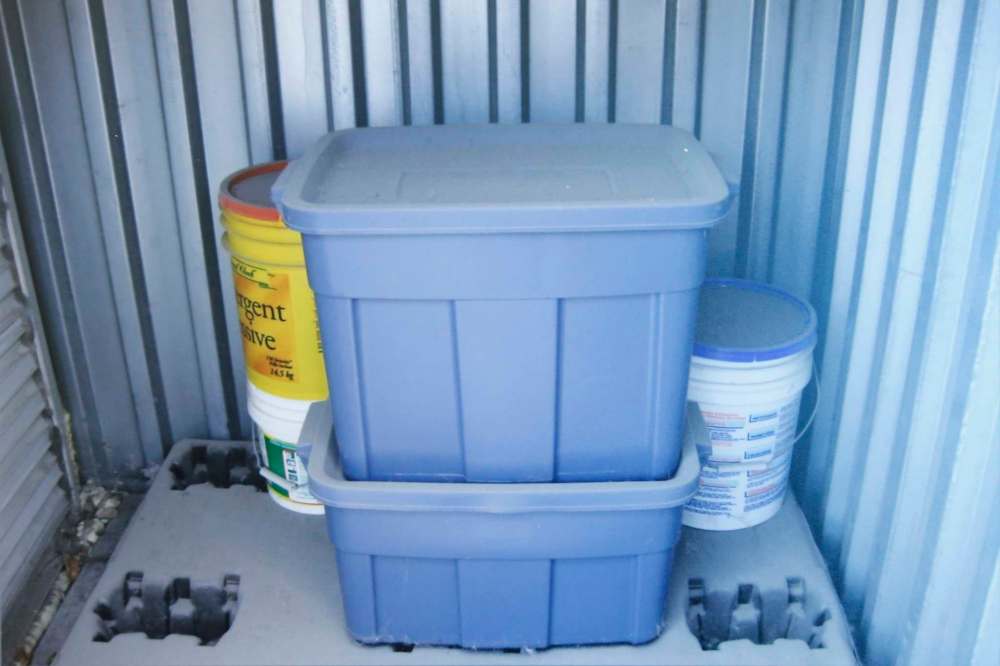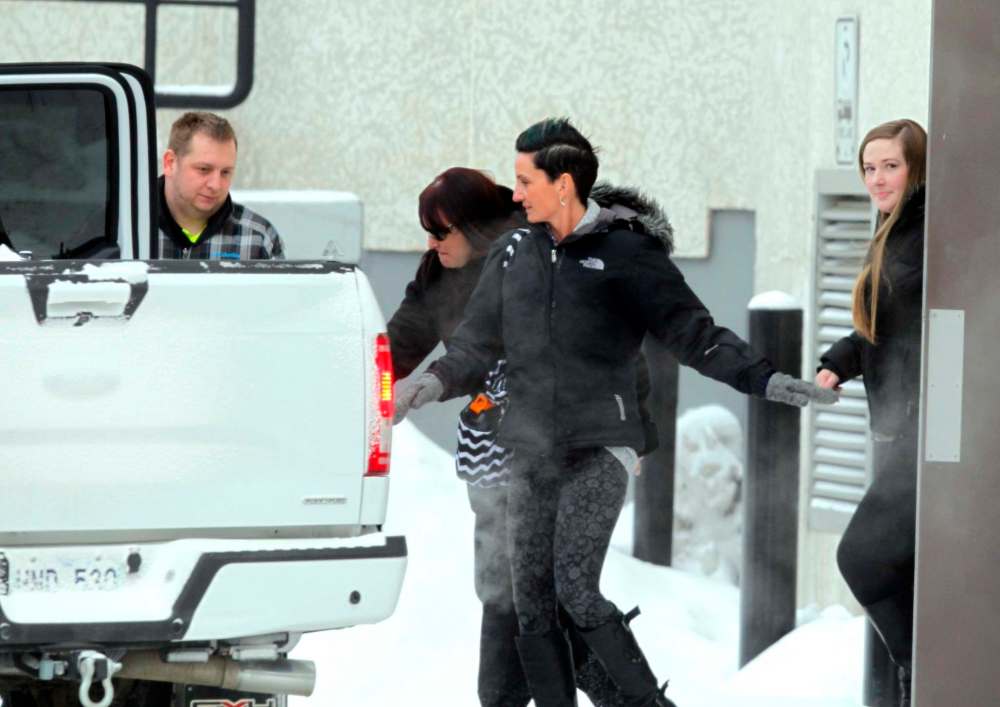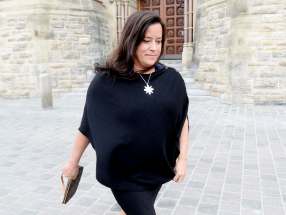Woman who hid infants’ remains wins appeal on sentence length Andrea Giesbrecht to be released from prison
Read this article for free:
or
Already have an account? Log in here »
To continue reading, please subscribe:
Monthly Digital Subscription
$0 for the first 4 weeks*
- Enjoy unlimited reading on winnipegfreepress.com
- Read the E-Edition, our digital replica newspaper
- Access News Break, our award-winning app
- Play interactive puzzles
*No charge for 4 weeks then price increases to the regular rate of $19.00 plus GST every four weeks. Offer available to new and qualified returning subscribers only. Cancel any time.
Monthly Digital Subscription
$4.75/week*
- Enjoy unlimited reading on winnipegfreepress.com
- Read the E-Edition, our digital replica newspaper
- Access News Break, our award-winning app
- Play interactive puzzles
*Billed as $19 plus GST every four weeks. Cancel any time.
To continue reading, please subscribe:
Add Free Press access to your Brandon Sun subscription for only an additional
$1 for the first 4 weeks*
*Your next subscription payment will increase by $1.00 and you will be charged $16.99 plus GST for four weeks. After four weeks, your payment will increase to $23.99 plus GST every four weeks.
Read unlimited articles for free today:
or
Already have an account? Log in here »
Hey there, time traveller!
This article was published 03/04/2019 (2447 days ago), so information in it may no longer be current.
In a case Manitoba’s top court calls “nothing short of surreal,” a Winnipeg woman who hid the bodies of six infants in a storage locker has won her appeal, which argued that her sentence was too long.
Andrea Giesbrecht’s sentence for six counts of concealing a child’s body has been reduced to three years from 8 1/2 years, in a decision released Wednesday by the Manitoba Court of Appeal.

Sentenced in July 2017, and factoring in time served before her trial, she is now due to be released from prison.
“This is a deeply disturbing case. We will never know why these six little lights went dark due to the accused’s appalling dishonesty. However, just as the mighty are not above the law, the unpopular are not outside of its protections, even on facts as troubling as here,” states the decision written by Court of Appeal Justice Christopher Mainella.
“The original sentence assumed certain culpable actions by the accused of which she was never tried or convicted.”
“We will never know why these six little lights went dark due to the accused’s appalling dishonesty. However, just as the mighty are not above the law, the unpopular are not outside of its protections.”–Court of Appeal decision
Giesbrecht, 45, was never charged with homicide after staff at a McPhillips Street U-Haul unit discovered the remains of six babies in a rented storage unit in October 2014. The mother of two teenage sons had a gambling addiction and neglected to pay the rental fee.
Over the years, she managed to conceal multiple pregnancies from family and friends, but Giesbrecht has never explained what caused the deaths of the five boys and one girl or why she kept the remains.
Defence lawyer Greg Brodsky launched an appeal, which cited 42 reasons, against Giesbrecht’s sentence and conviction. The case was before the court of appeal for almost two years, and the defence’s arguments were eventually distilled to nine.
“Nobody’s ever seen a case like this before,” he said Wednesday. “There’s nothing to compare it to.

“It’s remarkable that my favourite arguments did not succeed. The ones I put forward that I didn’t know had a chance of success did succeed.”
The appeal court agreed with Brodsky’s arguments that the sentence was too long and Giesbrecht was sentenced as if she had committed a violent crime, even though she was never charged with one.
Brodsky said Giesbrecht is “exuberant” and is looking forward to getting home to her family. She had been serving her sentence at a facility outside Manitoba.
“Everyone will think that she got a break from the court, and I don’t want anything to happen to her,” the lawyer said.
Provincial court Judge Murray Thompson imposed the 8.5-year sentence in July 2017, after he found Giesbrecht guilty of the six charges.

During a lengthy trial that ended in October 2016, three medical experts testified the infants were likely born alive. Their decomposed remains — some no more than bones — were found in garbage bags inside plastic containers in the Winnipeg storage unit.
All, including one that was partly mummified, were found to be between 34 and 42 weeks gestation.

When he imposed the sentence, Thompson ruled Giesbrecht knew the infants would likely have been born alive.
The Court of Appeal took issue with the judge’s logic, saying it would lead to more serious punishments for women who knew about birth control, abortion or assisted delivery but didn’t choose those options.
It was an error, Mainella wrote, “to treat as an aggravating sentencing factor the failure of a woman to make reproductive choices in a particular way.”
katie.may@freepress.mb.ca
Twitter: @thatkatiemay
Court of Appeal Decision on Andrea Giesbrecht

Katie May is a general-assignment reporter for the Free Press.
Our newsroom depends on a growing audience of readers to power our journalism. If you are not a paid reader, please consider becoming a subscriber.
Our newsroom depends on its audience of readers to power our journalism. Thank you for your support.













